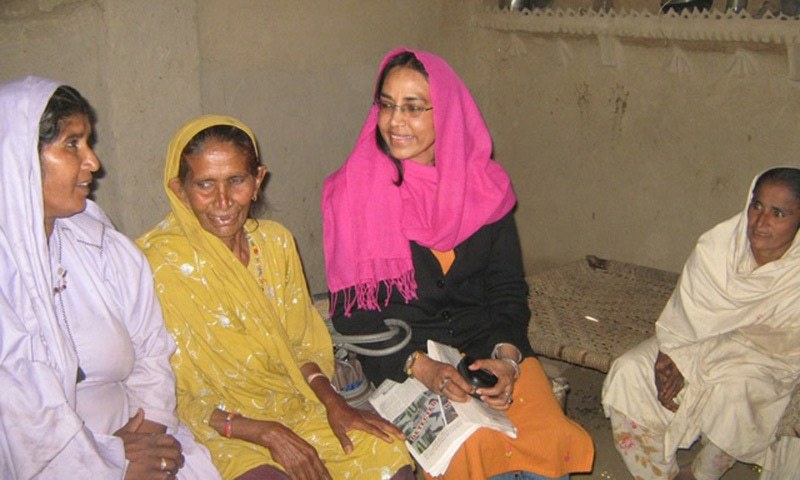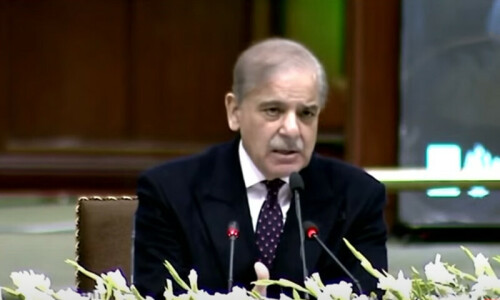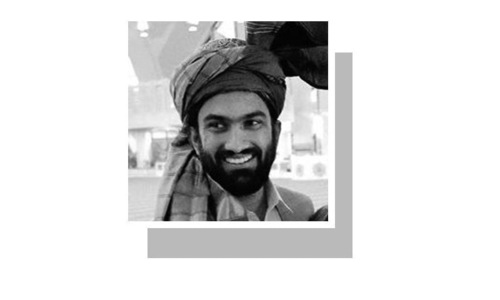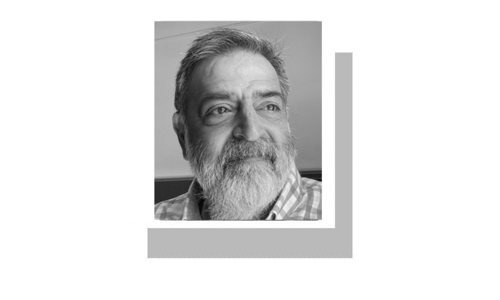An antiterrorism court (ATC) in Karachi has dismissed a request made by the sister of Perween Rahman to summon the members of the three Supreme Court-appointed Joint Investigation Teams (JITs), which had detained and grilled the accused persons allegedly involved in the murder of the renowned social activist, it was learnt on Tuesday.
Five accused — Abdul Raheem Swati, his son Mohammad Imran Swati, and three co-accused: Ayaz Shamzai alias Swati, Amjad Hussain Khan, and Ahmed Khan alias Ahmed Ali alias Pappu Kashmiri — have been charged with her murder.
Rahman, head of the Orangi Pilot Project (OPP) who devoted her life to the development of the impoverished neighbourhoods across the country, was gunned down near her office in Orangi Town on March 13, 2013.
Advocate Salahuddin Panhwar, who represented the slain activist's sister, had moved an application before the judge of the ATC-XIII on Monday, contending that at the very initial stage of the case, police high-ups had disclosed at a press conference that the real culprits behind the murder of Rahman had been killed in a ‘police encounter’.
Therefore, the activist's sister approached the Supreme Court for the constitution of a commission to probe the case, Panhwar said, adding that later on, the apex court constituted the three JITs. The counsel asserted that the JIT members were important witnesses in the case at hand and requested that they may be summoned to testify before the court.
Explore: Perween Rahman's murder: the great cover-up
The defence counsel for the accused men opposed the request by Rahman's sister, arguing that the investigating officer of the case had neither cited the members of the JITs as witnesses in the charge sheet nor recorded their statements under Section 161 of the criminal procedure code during the investigation. Therefore, the counsel asked the ATC to reject the application seeking to summon the members of the JITs.
After hearing arguments from the defence and prosecution sides and the complainant’s counsel, the judge dismissed the application, observing that the plea had been filed at a belated stage only to prolong the case without any justification.
The trial court has already declared two absconding suspects — Noor Muhammad and Ehsanuddin — as proclaimed offenders and separated their cases from the trial of the five detained accused persons.
According to the prosecution, some of the detained accused during interrogation had confessed to their involvement in the crime and disclosed that local leaders of the Awami National Party (ANP) had allegedly hired Taliban militants to kill Rahman.
It added that Ayaz and Raheem, who were said to be local leaders of the ANP, were living near the OPP office and allegedly tried to obtain a designated area to build a karate centre, but Rahman refused to allow it.
The prosecution further said that all the accused persons were present in a meeting held in January 2013 at Raheem's residence in which they planned Rahman's assassination, adding that they hired a local commander of the Tehreek-i-Taliban Pakistan (TTP), Moosa, and Mehfoozullah alias Bhaloo to kill the OPP head.
Initially, a case was registered under Sections 302 (premeditated murder) and 34 (common intention) of the Pakistan Penal Code at the Pirabad police station.
Section 7 of the Anti-Terrorism Act, 1997 was subsequently incorporated in the case on the basis of a judicial inquiry conducted by the then district and sessions judge (west) Ghulam Mustafa Memon on the orders of the SC.













































